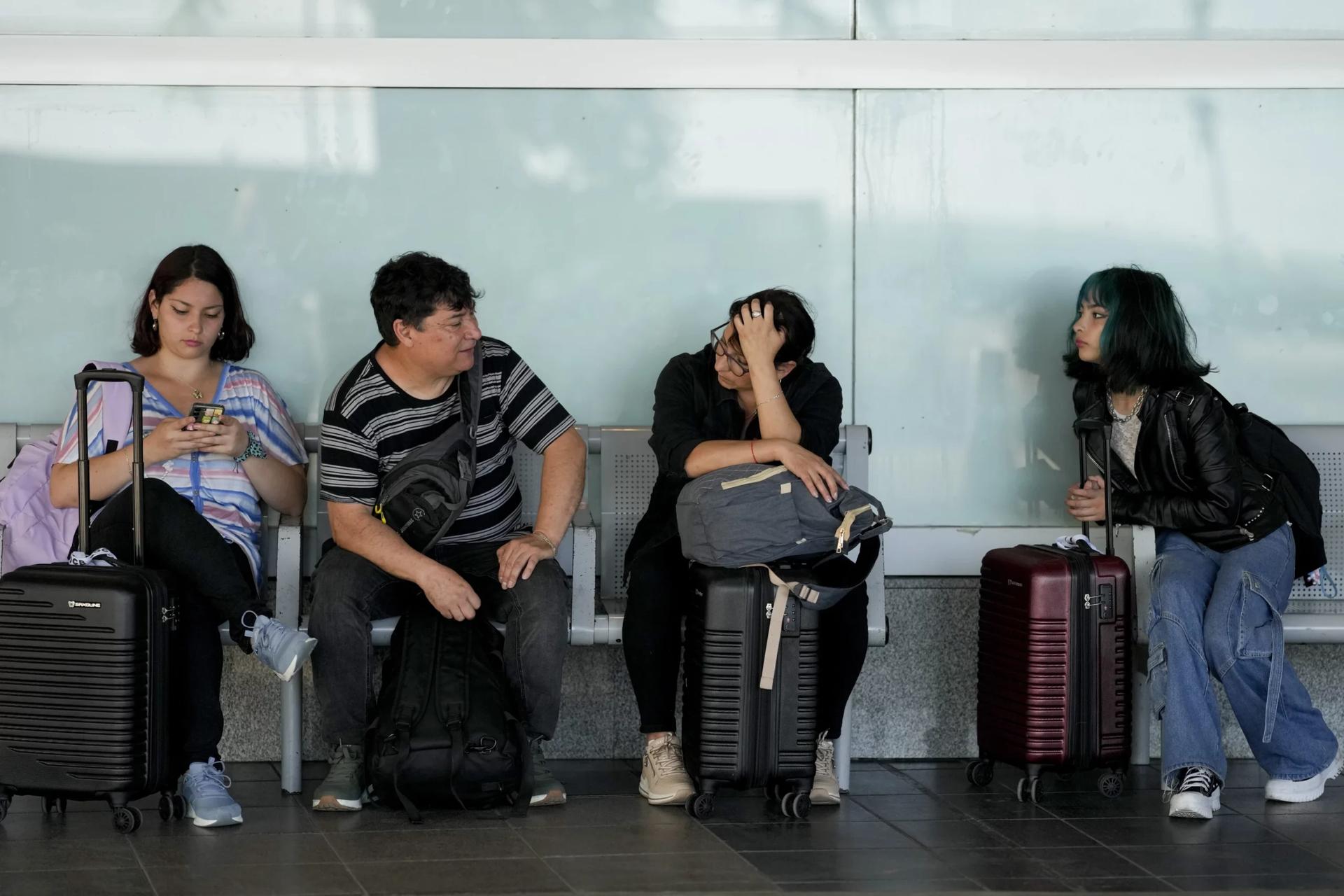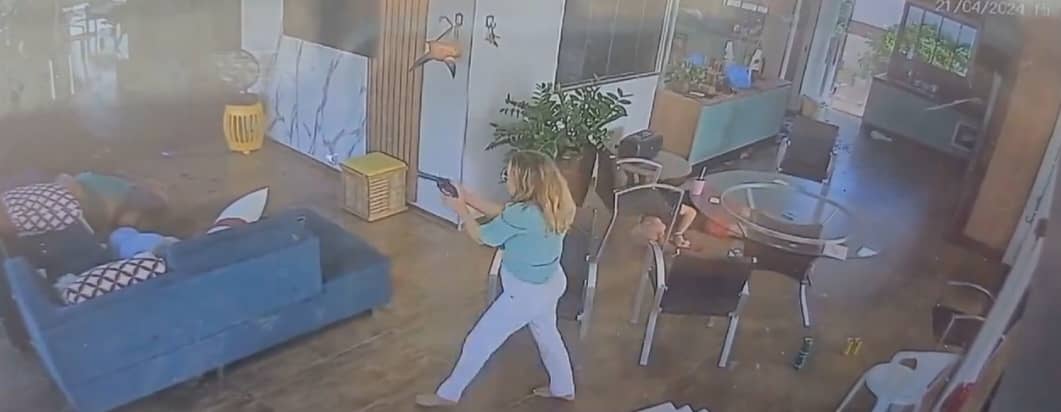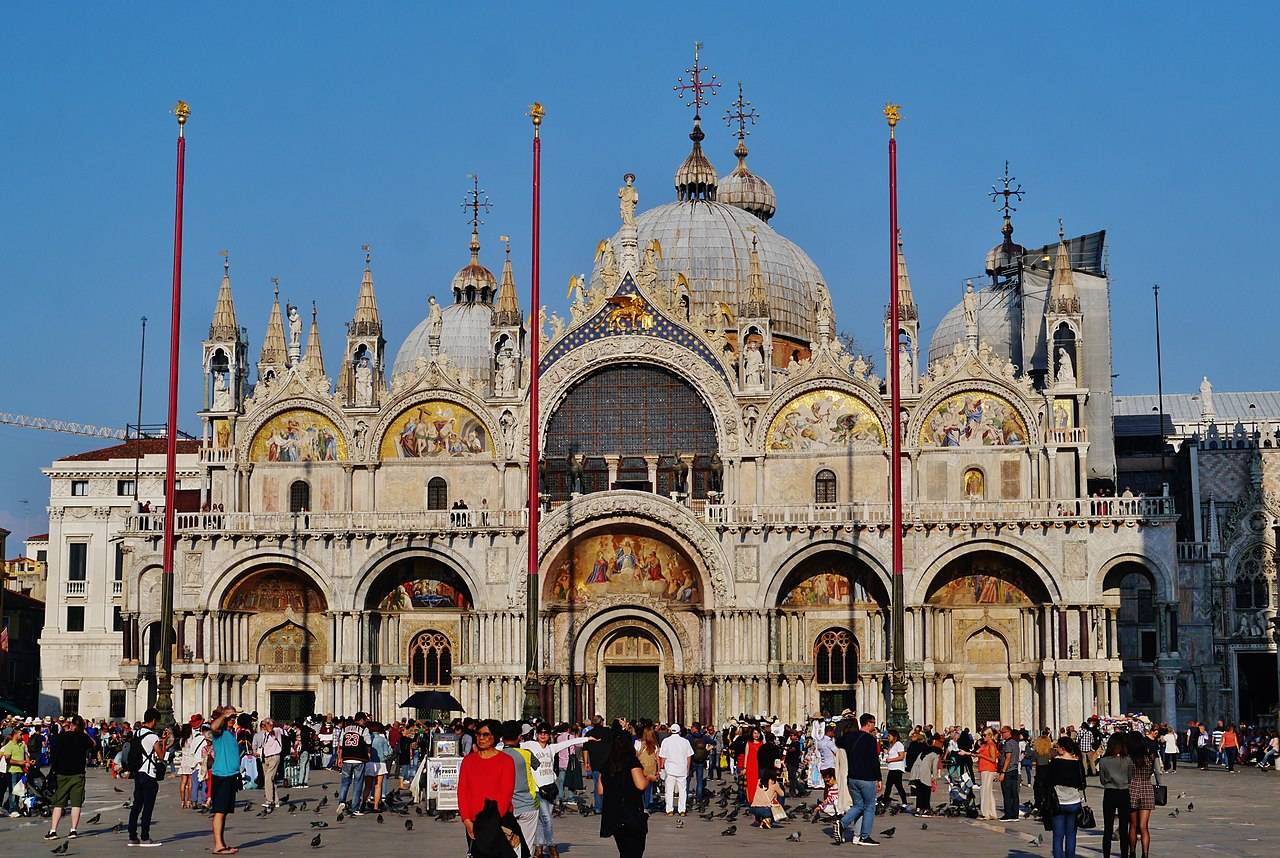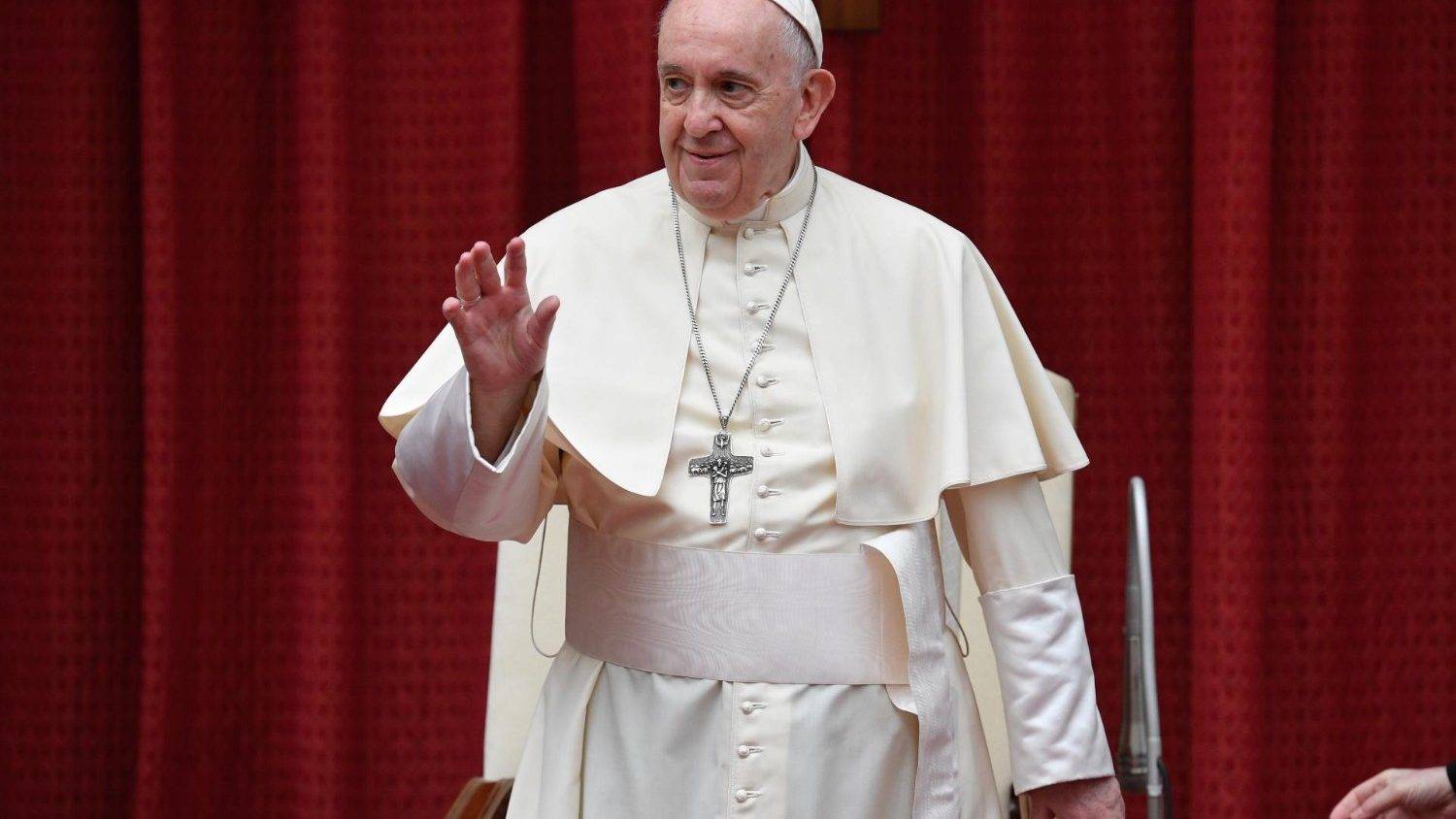SÃO PAULO, Brazil – Only 10 days after the leading bishops of Argentina met with President Javier Milei and complained to him about the growing poverty in the South American country, the Bishops’ Conference’s Justice and Peace Commission harshly condemning his economic policies and his government’s high level of “social insensitivity.”
The document, which came to light on March 21, is the broadest critique from the Argentine Church since Milei took office in December of 2023.
Unlike previous remarks by Church members, which mainly focused on the cuts made by the new president in social aid programs, the Commission’s letter included a wide analysis of the current economic policies and their effects on different segments of the population.
The document mentions that reports coming from several social and economic sectors point to “the multiplication of situations that affect the subsistence of thousands of people of all ages and conditions.”
“The loss of jobs is a painful signal. The building industry chambers have declared a state of emergency all over the country, alerting for the immediate future of 1,400 companies and 200,000 jobs due to the paralyzation of the public works by the national government and the reduction of the general economic activity,” the text read.
Until now, around 60,000 jobs have been lost in that segment, the document said.
The Commission added that the car industry is also paralyzed, with the suspension of entire plants – like the one of Volkswagen in Pacheco – and thousands of workers let go. That had a direct impact on small and medium-sized businesses (SMBs), which recently had to dismiss 20,000 employees.
The SMBs, as a matter of fact, have been terribly suffering with the crisis, the document continued. In January, the annual industrial production rate for SMBs had a reduction of 30 percent. Retail sales in the SMB segment had a similar reduction in the same period, but some segments had worse results, like pharmacies – with an annual decrease of 46 percent – and food and beverages, with 37 percent.
Small farming has been equally impacted by Milei’s policies, the letter said. Family growers have been “defunded” and “abandoned by the public agencies, which have taken out the means of transportation from the production areas” and announced the “demission of the employees that assist the farming and cattle industry.”
High inflation rates have contributed to bring sales down. The Argentinians’ purchasing power has rapidly decreased with the peso devaluation policy adopted by Milei and with the increasing prices in the country. Salaries have lost more than 20 percent of purchasing power only between December and January. Pensions have been especially affected, with almost 40 percent of losses in one year.
“The permanent cuts in public policies have been creating problems that endanger the most elementary rights, like education and health care, and reach even primary needs like food,” the note read, adding that the situation in the popular refectories has been critical with the growing numbers of people looking for them every day and the lack of supplies.
The document emphasized that Milei is backed by part of the low-income working class, despite the fact that it was impacted by his policies. The large companies – and their sectoral chambers – also support him. On the other side, there is a growing tension with social movements and labor unions.
“While the tax benefits that favor big companies have not suffered cuts, the deficit is reduced with measures of adjustment applied to workers and retired people,” the Commission argues.
The letter concluded by analyzing Milei’s political problems with the Congress and the province governors, as well as the fact that he doesn’t seem to be open to discuss about the nation’s challenges with relevant social actors.
The Commission emphasized that “the political action must promote care with life, human dignity, dignified work for all people and the elimination of hunger and exclusion.”
The document apparently expresses the feelings of many segments of the Argentinian Church.
According to Gustavo Vera, formerly a city council member in Buenos Aires for the opposition’s Partido Justicialista and the founder of an organization that works to prevent human trafficking, many Catholics have been organizing a resistance front to Milei’s policies.
“I have just attended a meeting with the bishops of the Diocese of Merlo-Moreno [on the outskirts of Buenos Aires], who have been calling civic organizations to regroup. That is happening in other regions too,” Vera told Crux.
The suspension of social relief policies by Milei, according to Vera, will deepen the crisis and lead to a serious political conflict.
“More than half of the Argentinians work in the informal economy, without any benefits or security. Those people suffered a lot during the COVID-19 pandemic and now support Milei. But he doesn’t represent them,” he said.
Until recently, Vera was a director of the committee that prevents human trafficking in Argentina, but he ended up being fired after repeatedly complaining about the new administration’s negligence with the program. He said that the victims of sex trafficking or slave labor rescued since Milei took office – about 130 people – have not received any help from the government and can be victimized again.
Pope Francis – Vera’s friend since he was the Archbishop of Buenos Aires – sent him a letter after he was fired to express his solidarity with him and his concern about the victims.
“That’s the reality in many other segments, like the public refectories, for instance,” Vera said.
Instead of listening to the demands of the people, Milei keeps trying to “buy” the support from several institutions, he pointed out. In Vera’s opinion, the president also wants to silence the Church’s opposition by offering funds to it.
“He met with the bishops days ago and heard their concerns about poverty. Shortly later, he announced a program of vouchers for families to put their children in private schools,” Vera said.
“The program includes Catholic schools. He thinks he can buy the bishops’ support by giving money to Catholic schools,” he added.

















